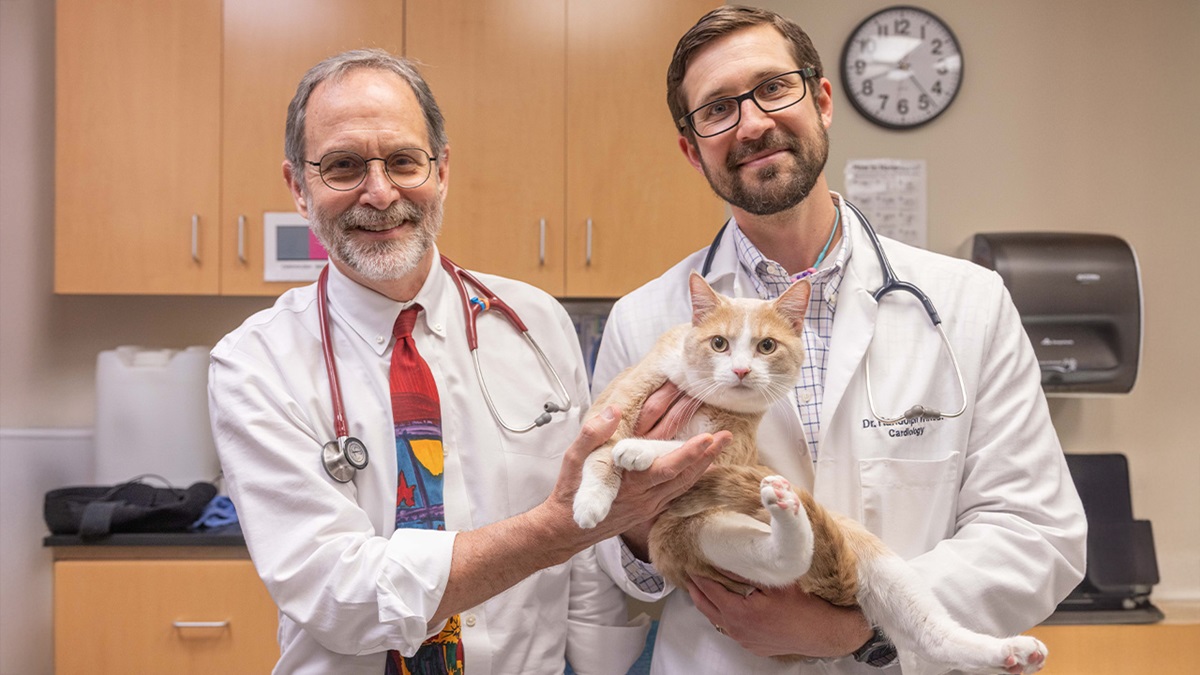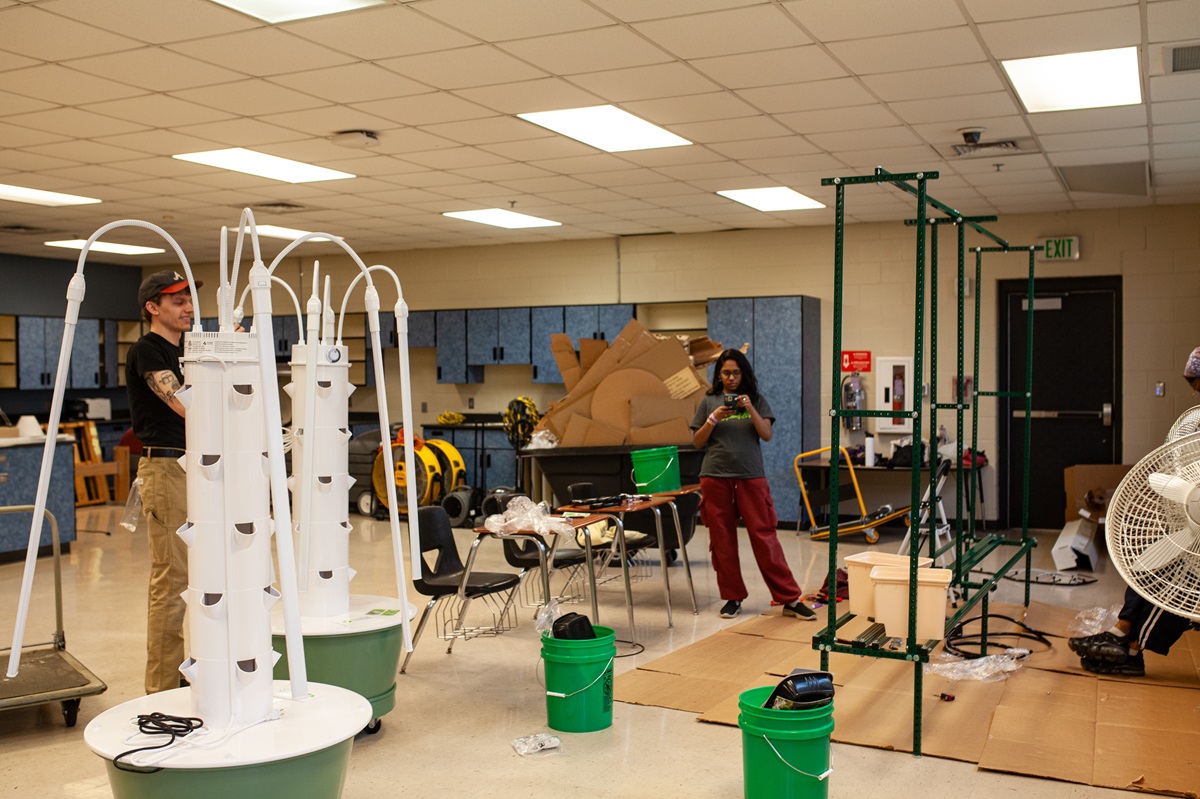Birmingham, Alabama, biotech incubator Station 41 fills up, with plans to expand

Station 41, a Southern Research-backed biotech incubator in Birmingham, opened its pilot space in January with 13 private offices and 12 wet labs, and the final available spaces were taken in September. (Station 41)
Southern Research’s Birmingham biotech incubator, Station 41, has filled up its available space unexpectedly quickly and is working on plans to expand.
The pilot space for the incubator was unveiled in January 2024 with 12 private leasable wet labs (325-625 square feet) and 13 private offices (125-200 square feet). “We had one wet lab and office left coming out of the summer and it was grabbed in September,” said Dr. Erik Schwiebert, executive director of Station 41. “We knew there was demand, but wow!”
Due to this early and unexpected demand and success, Station 41 has plans coming into clarity to expand its incubator space gradually throughout the building in which it occupies two floors within a much larger research and development center. Support will come from Station 41’s parent organizations, Southern Research and UAB.
Across 2025 and 2026, the incubator’s space will expand to 40,000 square feet from the current 15,000 square feet, according to the plans. A larger footprint may attract an industry sponsor or partner going forward, along with federal agency support.
The critical support provided by a U.S. Economic Development Administration Build to Scale grant made the project’s success possible, according to Station 41.
Incubator residents
- Adjuvax – developing novel vaccine adjuvants that may also have chemotherapeutic potential in cancers
- Alveolus Bio – developing over-the-counter and regulated therapeutics for lung diseases
- ASRT – an established government contractor performing genomics and whole genome sequencing services
- Celestia Diagnostics – developing high-sensitivity diagnostic tests for long COVID and other viral and bacterial pathogens that exhibit latency in the host
- Endomimetics – developing a bionanomatrix coating for medical devices and products that improve biocompatibility in the patient
- Inovodel – developing a nitric oxide-eluting nanocoating for medical devices and products that improve biocompatibility in the patient
- Moremme – developing over-the-counter remedies for women’s health and regulated therapeutics for reproductive diseases
- Precision Editing Biosystems – contract research services provider of gene-edited human and non-human cell lines for academic and industry clients
- PMX Labs – developing software and “omics” solutions for detection of infection in wound healing and other human tissues
- Symphony Biosciences – developing SymphNode, an artificial lymph node as a biological medical device to attract immune-cell attack of solid tumor sites after surgical removal and to locally apply chemotherapy to the excision site
TDF awardees in shared space
Station 41 has dedicated a shared lab space and a shared office space, co-branded with Innovate Alabama, for its Therapeutics Development Fund awardees. They are DomainOne Therapeutics, Diamond Therapeutics, Kalm Therapeutics, Metaclipse Therapeutics, SCORE Pharma, Southern Biologic Solutions, Vanquish Bio and Yuva Biosciences. Celestia Diagnostics, Moremme and Symphony Biosciences are also TDF awardees, but they have their own private spaces in the incubator.
This story previously appeared on Southern Research’s website.
















